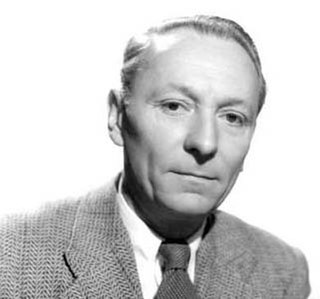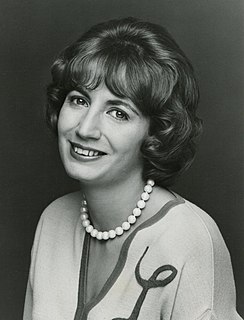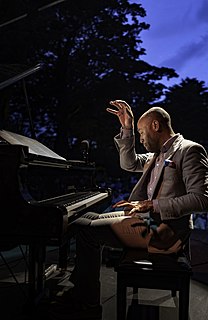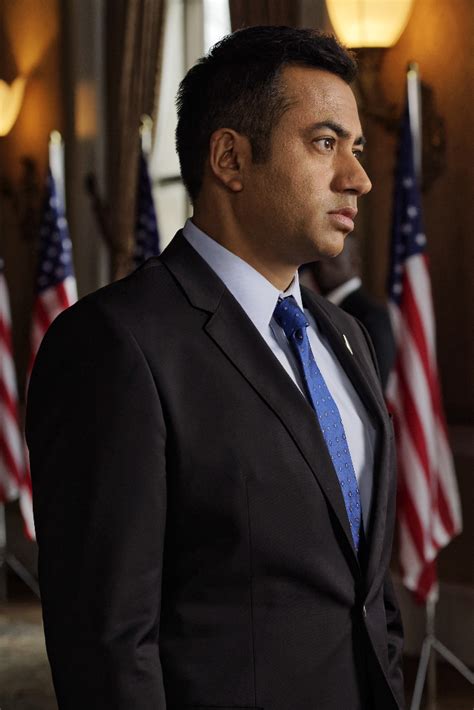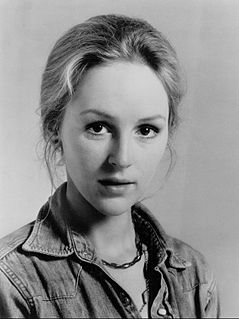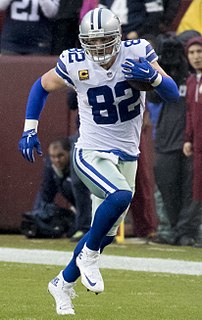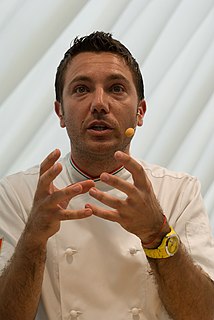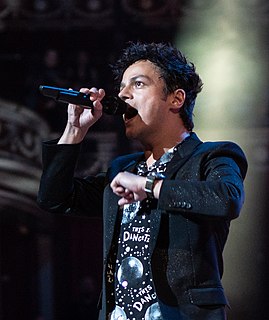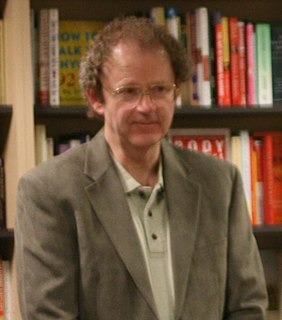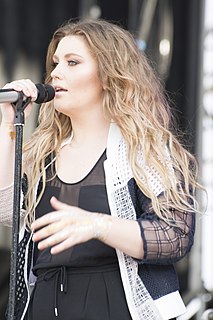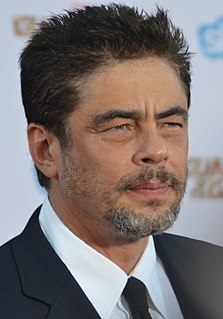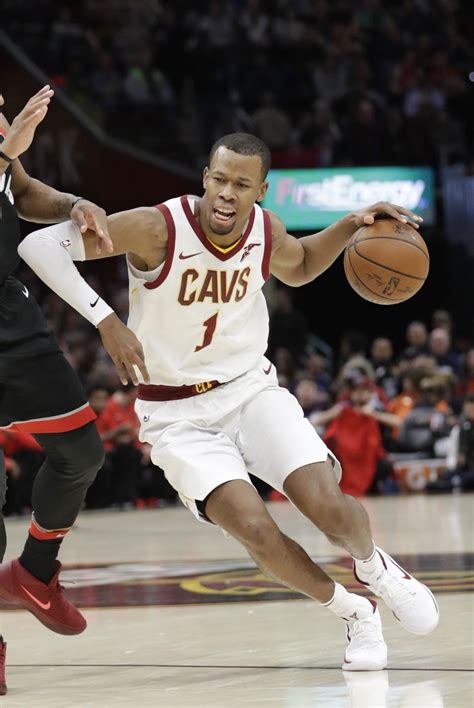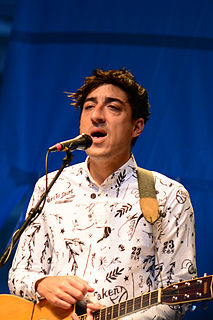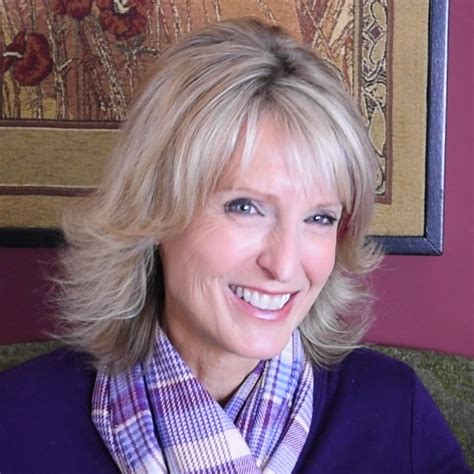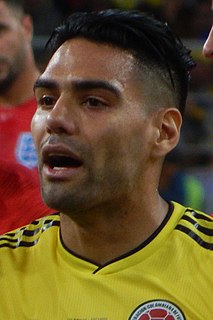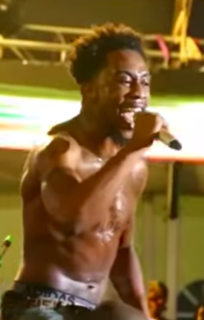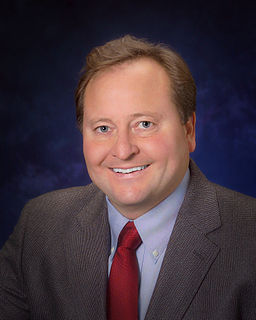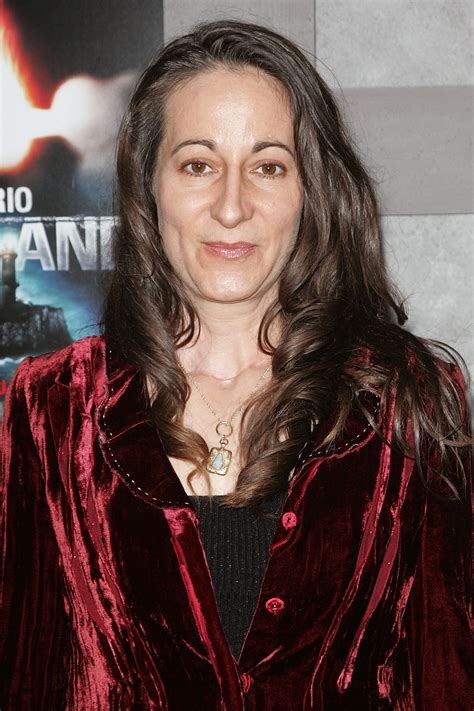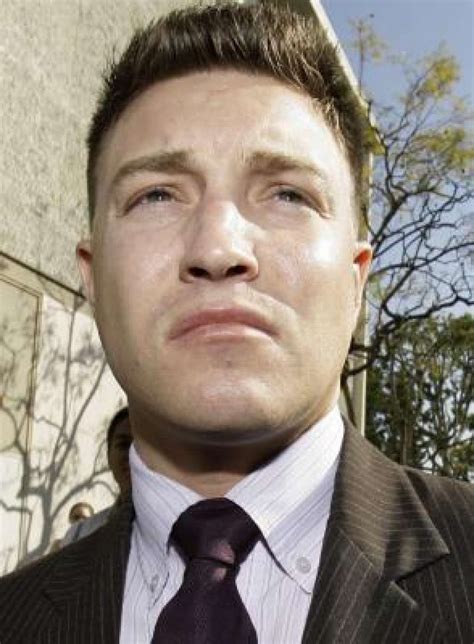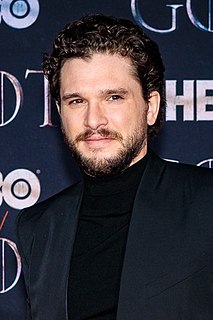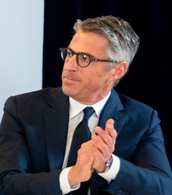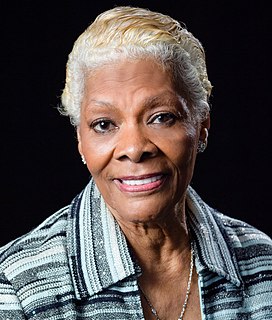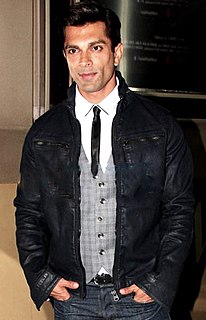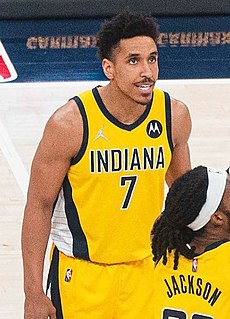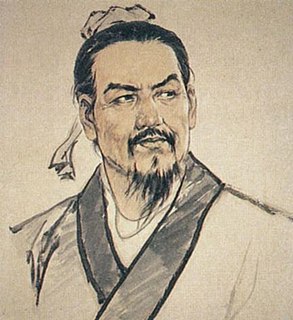Top 1200 Grandfather Quotes & Sayings - Page 17
Explore popular Grandfather quotes.
Last updated on December 4, 2024.
The thing my father was proudest of was the Ayres clock at the intersection of Washington Street and Meridian. That made him so happy. Ayres complained because he wouldn't send them a bill. There was stuff my family had done there - particularly my father and grandfather - that was quite permanent and wonderful.
My grandfather, Arthur Baskerville, he played and still plays a little bit piano and trombone, and so when I was a kid, I always heard jazz around the house, but I also went to his gigs, whether it be a Saturday brunch in my hometown Columbus, Ohio. We'd go and hear him play with some of the local musicians.
I'd gotten the message in my home, starting with my grandfather, that real work, the kind that makes you sweat and gets your hands dirty, is a respectable, necessary thing. But I wanted to write - and writing didn't qualify. Whenever I told my parents I dreamed of becoming a writer, they said, 'Great, but what are you going to do for work?'
My maternal grandfather was born in Yorkshire in England but was contracted to work for a company who had a base in Colombia. So they moved across to Santa Martre, and they liked it very much. It was a sunny place with beaches and a seafront, so they never went back to England and preferred to stay in Colombia.
My parents didn't have a lot of money when I was growing up. We were comfortable, but I didn't go to Oxbridge, and yet every American interviewer I get says to me, 'You're related to Charles II! Your grandfather was a baronet!' And it's infuriating, because that is a part of my history, but you're trying to turn me into a posh boy, and I'm not.
In two or three hundred years life on earth will be unimaginably beautiful, astounding. Man needs such a life and if it hasn't yetappeared, he should begin to anticipate it, wait for it, dream about it, prepare for it. To achieve this, he has to see and know more than did his grandfather and father.
My grandfather was an autoworker, and I have a weapon he manufactured to protect himself from the company that he would carry to work. It's a big iron pipe with a hunk of lead on the head. I think about how far we've come as companies from those days, where workers had to protect themselves from the company.
My grandfather was Bob Shad, one of those legendary jazz and blues producers - he worked with Charlie Parker and Dinah Washington, and he produced Janis Joplin's album [1967's Big Brother & the Holding Company]. He always owned small labels as well - he had a label called Mainstream Records in the 70s.
When the music stopped, it could have been forever since we'd begun. My grandfather took a step back, and the light grew yellow at his back. 'I'm going,' he said. 'Where?' I asked. 'Don't worry, sweetheart. You're so close.' He turned and walked away, disappearing rapidly into spots and dust. Infinity.
There are many examples in our history of overheated rhetoric leading to fear and prejudice and government overreach. My own grandfather, a sociologist, was dragged in front of the House Un-American Activities Committee. He said he wasn't a Communist and explained that American Negroes were patriots like everyone else.

